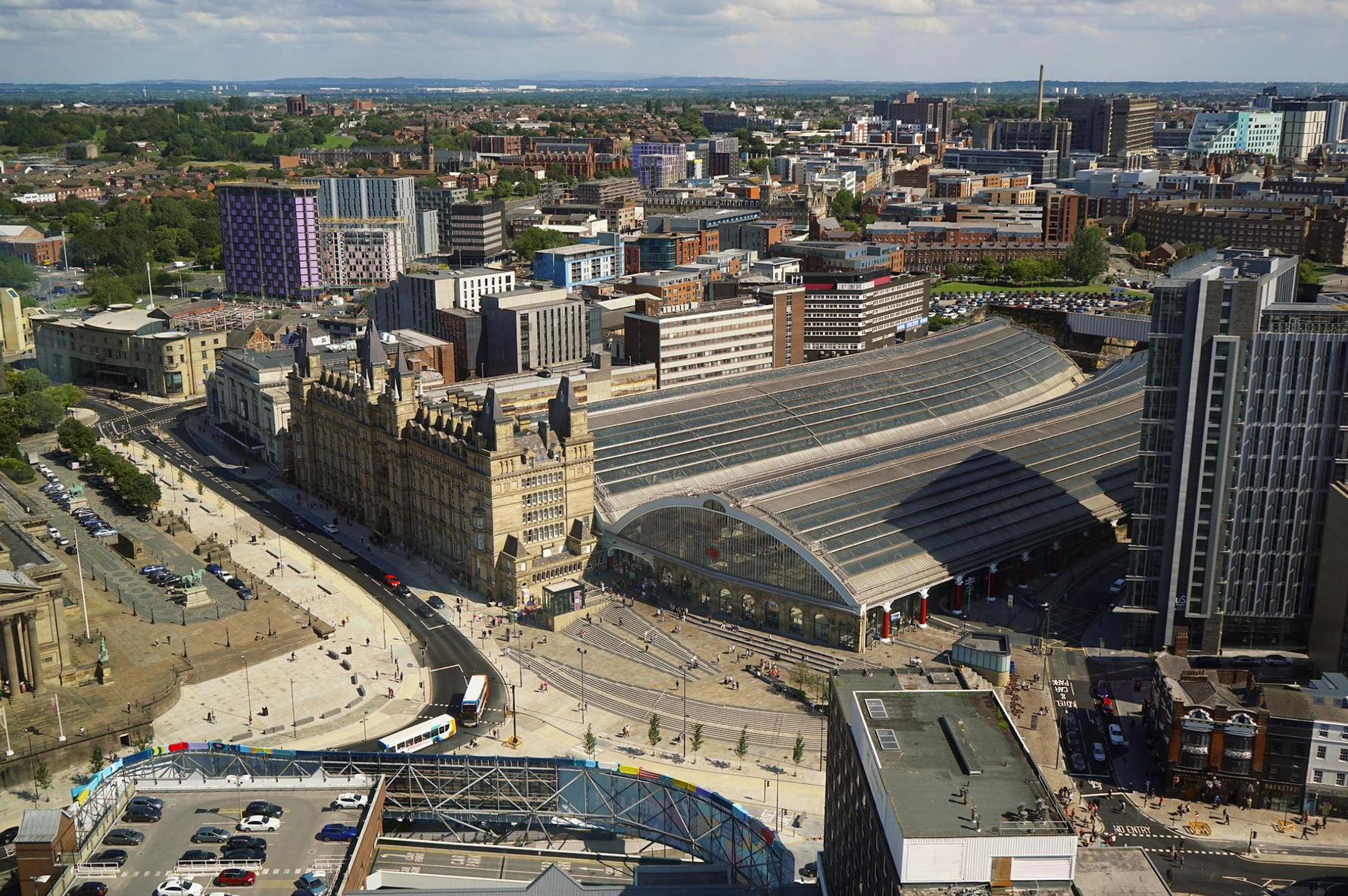
The Philharmonic Dining Rooms: Victorian Grandeur
Known locally as "The Phil," this Grade I listed pub represents the pinnacle of Victorian pub architecture. Built in 1898, the Philharmonic Dining Rooms features some of the most ornate interiors of any Liverpool pubs, with magnificent mahogany woodwork, Art Nouveau elements, and famous marble urinals that have become a tourist attraction in their own right. The pub's connection to classical music is reflected in its proximity to the Philharmonic Hall, and the elaborate plasterwork includes musical instruments and scenes from classical mythology. The main bar area features copper-topped tables and leather banquettes original to the building, while each room offers unique architectural details, from the intricate mosaic floors to the stained-glass windows. Recently restored to its former glory, the pub's grand dining rooms showcase the wealth and ambition of Victorian Liverpool, with each space featuring distinct themes and decorative elements. The establishment's commitment to preserving its historic features while maintaining modern service standards makes it a must-visit destination for architecture enthusiasts and pub-goers alike.Ye Hole in Ye Wall: Liverpool's Oldest Pub
Dating back to 1726, Ye Hole in Ye Wall stands as the city's oldest continually operating pub. This historic establishment maintains many of its original features, including exposed wooden beams and an open fireplace that has warmed patrons for nearly three centuries. The pub's unusual name reportedly derives from a small opening in the wall through which sailors would pass money to pay for their drinks while in quarantine. The establishment's historical significance extends to its role as one of liverpool pubs that first allowed women to be served, albeit in a separate room, during the Victorian era. The interior preserves numerous historical artifacts, including centuries-old drinking vessels, maritime memorabilia, and documents that chronicle Liverpool's development from a small port to a major maritime city. Regular events celebrate the pub's historic significance, with local historians often conducting talks about its role in Liverpool's social history. The pub maintains its traditional atmosphere while offering a carefully curated selection of real ales and historic recipes that have been served within its walls for generations.Peter Kavanagh's: An Artistic Haven
This Grade II listed pub, formerly known as the Grapes, was renamed after its longest-serving landlord who transformed it into one of Liverpool's most distinctive interiors. Peter Kavanagh commissioned local artists to create unique murals and carvings in the 1920s, resulting in an extraordinary blend of art and architecture. The pub features distinctive carved wooden panels depicting scenes from Charles Dickens novels, while the ceiling murals present caricatures of local regular customers from the 1930s. Original features include etched glass windows, carved mahogany seating, and a collection of historical artifacts that create a museum-like atmosphere. The pub's artistic legacy continues today through regular cultural events, poetry readings, and music sessions that maintain its connection to Liverpool's creative community. The building's unique layout, including intimate snugs and hidden corners, creates perfect spaces for conversation and contemplation, just as it did when it served as a meeting place for local artists and intellectuals in the early 20th century.Maritime Heritage at Baltic Fleet
Located in the heart of Liverpool's historic dock area, the Baltic Fleet stands as one of the most authentic Liverpool pubs connected to the city's maritime history. Built in the mid-19th century, this pub served generations of dock workers and sailors, with legends of underground tunnels connecting it to the docks. The building's distinctive wedge shape and nautical architectural features reflect its maritime heritage, while its location offers views of the modern waterfront development that has transformed the area. The pub's basement brewery continues the tradition of brewing ales using historical methods, offering visitors a taste of Liverpool's brewing heritage. Its collection of maritime memorabilia, photographs, and artifacts provides insights into the city's shipping history, while regular shanty singing sessions and maritime-themed events maintain connections to Liverpool's seafaring past. The pub's traditional snugs and drinking corridors remain largely unchanged since Victorian times, offering visitors an authentic glimpse into the social life of 19th-century dock workers and sailors.These historic establishments represent more than just places to drink; they are custodians of Liverpool's social history and architectural heritage. Each pub offers visitors a unique glimpse into different aspects of the city's past, from its maritime connections to its artistic legacy. Understanding the historical significance of these venues enhances the experience of visiting them, making them essential destinations for anyone interested in exploring Liverpool's cultural heritage through its traditional drinking establishments.


Comments